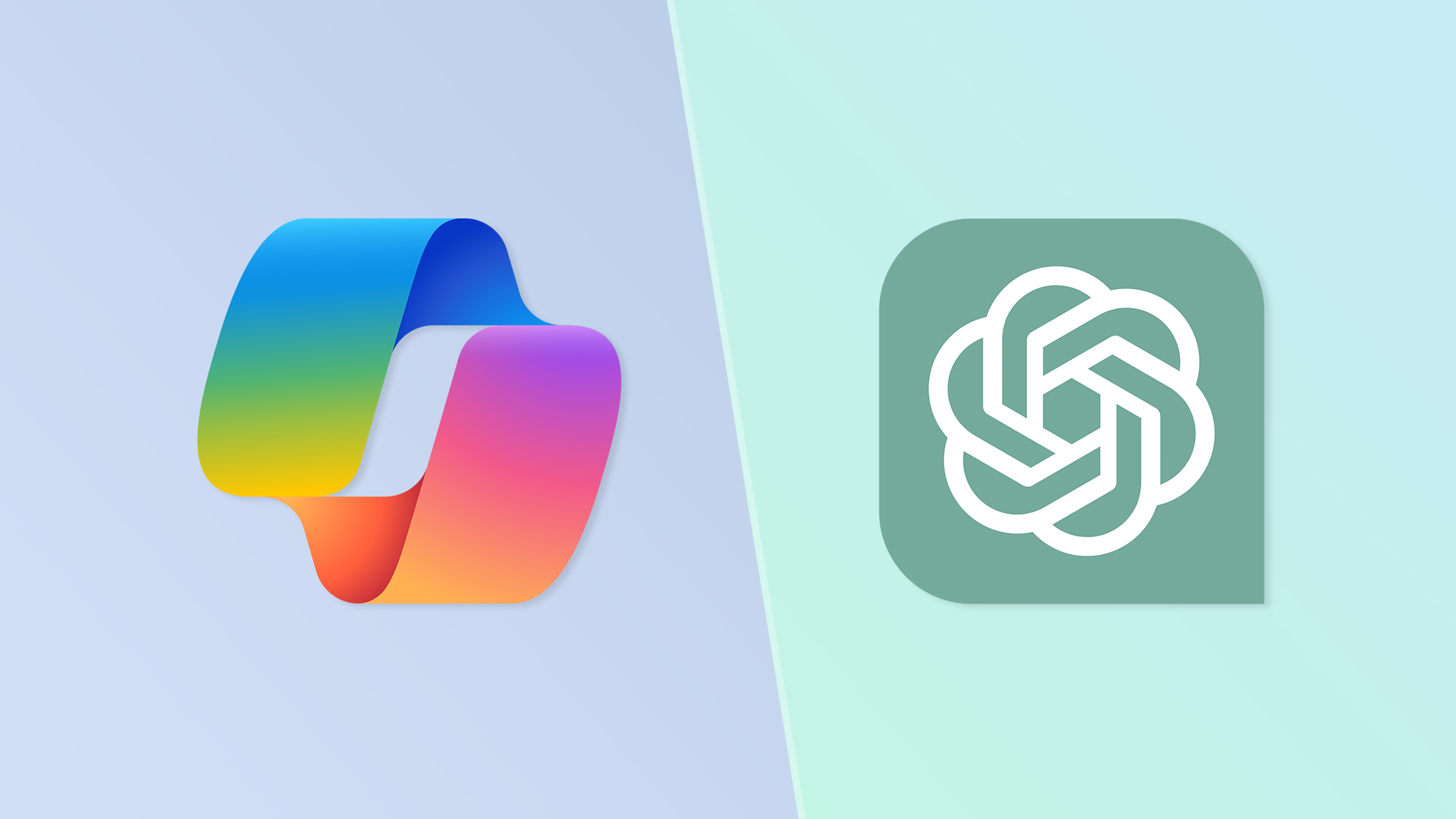
The emergence of AI assistants has fundamentally changed how people work. Whether it’s writing content, debugging code, or even studying for some of the top AI certifications, they’re no longer science fiction —they’re everyday necessities. Statista states that the AI technologies market will generate 244 billion U.S. dollars in 2025, and according to a report published by MarketsandMarkets, the AI market will surge to $1,345 billion by 2030, driven significantly by advanced AI agents and assistants.
Some of the most discussed tools are ChatGPT and GitHub Copilot. They were both created using OpenAI’s language models, yet they serve very distinct purposes. This article unpacks their strengths and differences, particularly in scenarios that professionals like developers, content creators, and AI prompt engineers might find themselves in.
ChatGPT and Copilot: Core Functionality and Purpose
While developed by OpenAI, ChatGPT, a conversational agent, can perform various activities, depending on writing a draft to simplify the research, summary, ideation, or even writing code. This makes ChatGPT a General-purpose AI assistant in the industry. On the other hand, GitHub Copilot is a specialized tool used by software developers. It was developed in conjunction with GitHub for Visual Studio Code, Neovim, JetBrains, and other coding IDEs. One of its main missions is to offer code completion and code assistance (with show JavaDoc).
In short, Copilot is a domain-specific coding assistant, while ChatGPT is a multi-domain AI chatbot.
Deep Integration and Pricing Insights
One important aspect where ChatGPT differs from GitHub Copilot is a matter of integration and pricing—and this has a direct bearing on the ease of access for the two respective services. GitHub Copilot is tightly integrated into your favorite IDE. GitHub Copilot is seamlessly integrated into popular IDEs, including Visual Studio Code, Neovim, and others.
Its tight integration will bring instant code suggestions, auto-completions, and generate whole functions right inside your own development location. This sort of integration doesn’t just make them more productive—it also reduces context switching, such that the developer can spend less time thinking about syntax and frame their mindset more around ‘solving a particular problem’ and more time thinking about how to solve a specific problem with the tools they’ve been given.
On pricing, GitHub Copilot is available under plans specific to individual developers and organizations, with subscriptions beginning at around $10 for individual developers and $19 for enterprises. Its pricing system adapts to the niche attention it pays to coding help.
In the case of ChatGPT, it has a more flexible offer: a free plan for basic use and a pro-tier GPT-4 subscription at $20/mo that grants access to advanced conversational AI capabilities applicable across a greater variety of tasks, such as learning, content creation, and AI prompt engineering that can copy in countless forms — emails, blogs, product descriptions, you name it.
How ChatGPT and Copilot Ensure Enterprise-Grade Security?
Security is also a key issue for enterprise adoption. GitHub Copilot, available by way of Microsoft, delivers enterprise-level compliance, while ChatGPT Enterprise provides data-privacy features such as SOC 2 compliance, data encryption, and no data retention.
For A.I. tools that are used in regulated industries or for developers who are working with proprietary code, these protections are critical.
Head-to-Head: ChatGPT vs. Copilot
| Feature | ChatGPT | GitHub Copilot |
| Use Case | General-purpose AI assistant | Developer-specific AI tool |
| Interface | Chat-based (web/mobile/API) | IDE-integrated |
| Languages | Multilingual (coding + natural language) | Primarily programming languages |
| Integration | Browser, apps, plugins | IDEs (VS Code, Neovim, JetBrains) |
| Learning Help | Great for studying and certifications | Hands-on coding guidance |
| Pricing | Free + $20/mo for GPT-4 | $10/mo (individual), $19/mo (business) |
| Security | ChatGPT Enterprise includes data protection | Built on Microsoft’s security architecture |
Which One Is Better for Learning?
In order to identify which one is better for learning, it depends on your goal, like ChatGPT can:
- Break down tough concepts.
- Test you with questions.
- Answer descriptions in simple words.
Copilot, for its part, functions as an immersive user guide to programming. It’s great for learning by doing. Whether you’re writing portfolio projects or practicing real-world developer skills, Copilot is a helpful AI assistant that’s right there in your IDE.
From Ideas to Code: Unique AI Use Cases
For AI Prompt Engineers, ChatGPT is the best. It allows you to live prototype, test, and tweak prompts. You can experiment with AI chatbots, simulate the behaviour, generate training data, or optimize how they work, all in the same place.
For content writers and marketers, ChatGPT can assist in brainstorming, writing, and editing copy in a vast array of formats — emails, blogs, product descriptions, you name it.
GitHub Copilot, by contrast, is designed around the developer workflow. GitHub’s own studies have found that Copilot users are able to write code up to 55% faster. It is useful to construct functions from the ground up, clean up vocabulary, and minimize boilerplate time.
Key Takeaway
Among the wide-ranging galaxy of assistant-ready AI services, choosing the right assistant simply depends on your needs and work habits. ChatGPT succeeds particularly well in terms of versatility, whether you’re creating content, brainstorming, learning new skills, or studying for the best AI ML certifications. It’s great for AI prompt engineers and other professionals who want a conversational partner that can shift to new tasks.
GitHub Copilot is designed for developers, by contrast. It has built-in code editor suggestions in the moment that help you save time and be faster programming. It’s worth a try if you are mostly into software development. Many practitioners benefit from using both, they ideate in ChatGPT and execute in Copilot. But the best AI assistant is the one that fits most naturally with the way you think and work.




